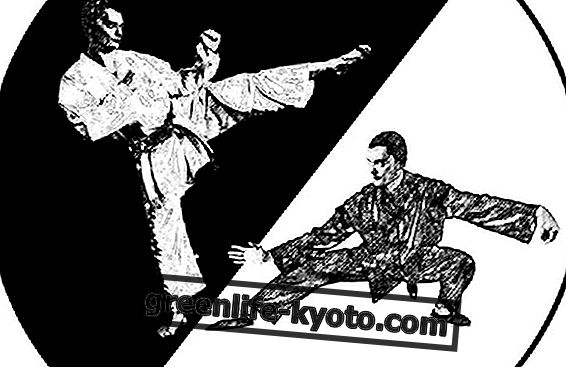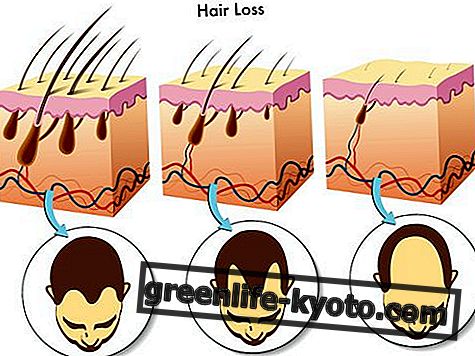
Osteopath: what cares
The osteopath is a wellness professional, who acts through physical manipulations, without intervening with drugs.
According to osteopathy, the body has the innate ability to rebalance itself and the symptom is the consequence of this effort.
Pain must then be investigated to understand its causes, and never suppressed. Instead, it is necessary to listen to him, to arrive at the primary causes that triggered him.
Osteopathy is a medical and holistic discipline that considers the human being as a whole, and as such approaches it with respect and delicacy.
An osteopathic treatment consists of manipulations on joints, muscles, and viscera.
Depending on the districts where osteopathy is involved, it can be divided into:
> sacral skull : it acts on the natural movement of the encephalorachidian liquor, a liquid that from the brain creates a movement that propagates to the whole body, influencing its well-being;
> visceral : acts on the internal organs, gently, working on the abdomen and back ;
> structural : it mainly deals with joints, bones, and ligaments .
When to go to an osteopath
Why go to an osteopath? You can turn to an osteopath every time you feel pain, even in the case of stress, anxiety, panic attacks, depression, you can do a lot by acting on the body.
The osteopath straightens bones and muscles, works on posture and the correct movement and use of limbs and muscles, correcting those compensatory mechanisms that we often put in place when we experience pain, and which generate further imbalance and pain.
You can turn to an osteopath when you want to have more awareness of yourself and how your body works, on the specific modalities of adaptation of each of us, and when we want to act directly and actively on our own health and on what it generates Welfare.
Turning to osteopathy is therefore a means to have a more intimate and direct relationship with one's body and the connection of body and mind.
Specifically, and in the absence of serious pathologies, you can go to the osteopath when:
> you experience pain of any kind in your back, head, legs, arms, joints, muscles, both as a result of trauma and due to sudden and unknown causes, whiplash, sprains, tears, hematomas, muscle contractions ;
> in case of toothache, neuralgia, visual disturbances, labyrinthitis, tinnitus, otitis, sinusitis ;
> in case of digestive problems, dysentery or constipation, abdominal swelling, colitis, hernias ;
> when there is sleep disturbance, muscle tension headaches, anxiety, panic attacks, depression, mood swings ;
> if you suffer from disorders of the menstrual cycle, pains in the abdominal and pelvic tract, enuresis, cystitis ;
> as an adjunct in the treatment of scars resulting from trauma or operations ;
> in case of problems of the circulatory and lymphatic system, edema of the limbs, cellulite, overweight .
The osteopath can accompany almost all medical or naturopathic treatments, as it allows to eliminate those causes that hinder the process of self-healing and healing of the body.
Osteopathy, being a gentle and non-invasive technique, is also suitable for children : newborns often do not have linguistic tools to explain their discomfort.
In particular, osteopathy, being first and foremost a means of listening, can gently investigate why the child is ill and manage the symptom until it disappears, without the use of drugs and without hurting him.













